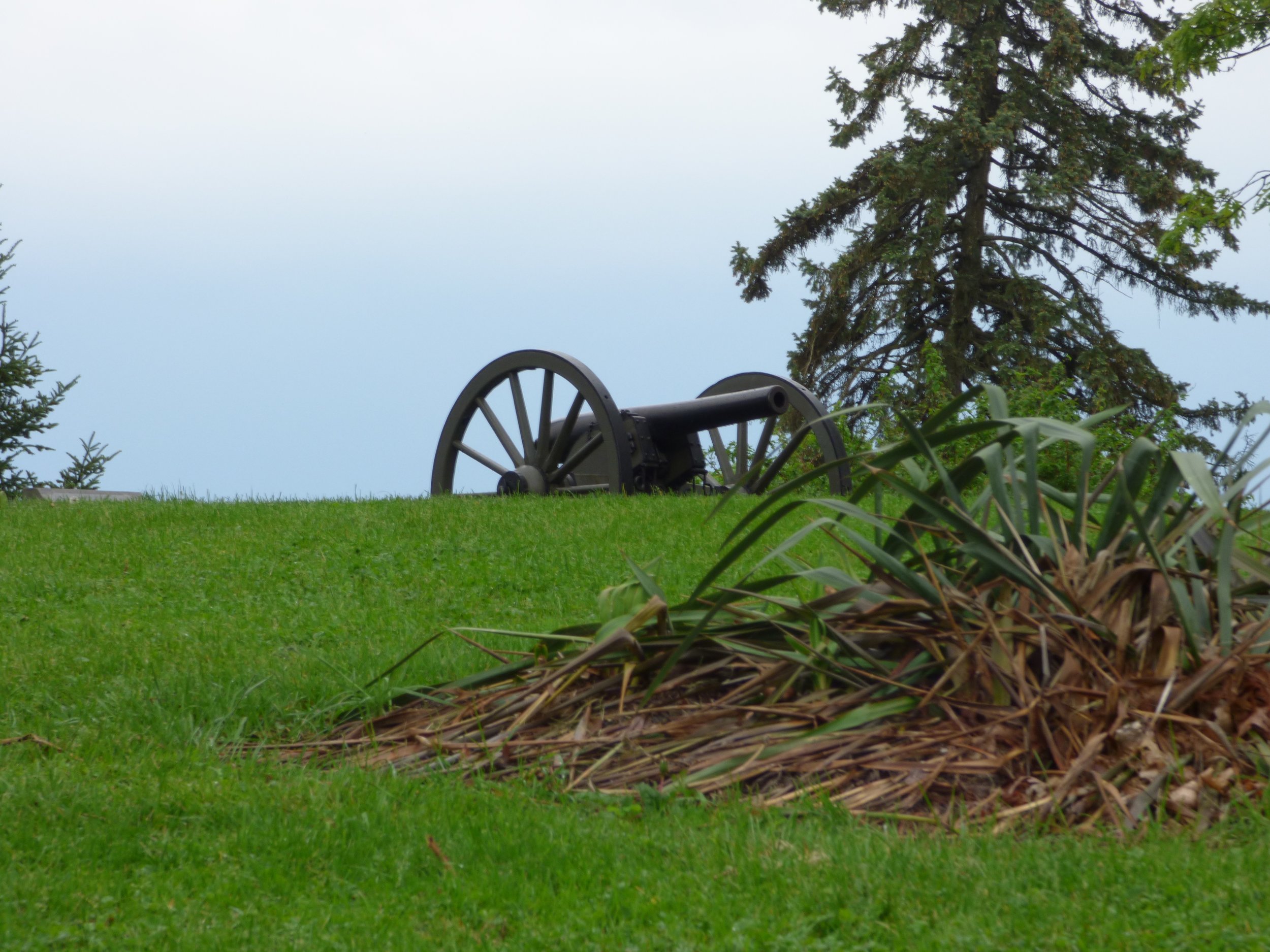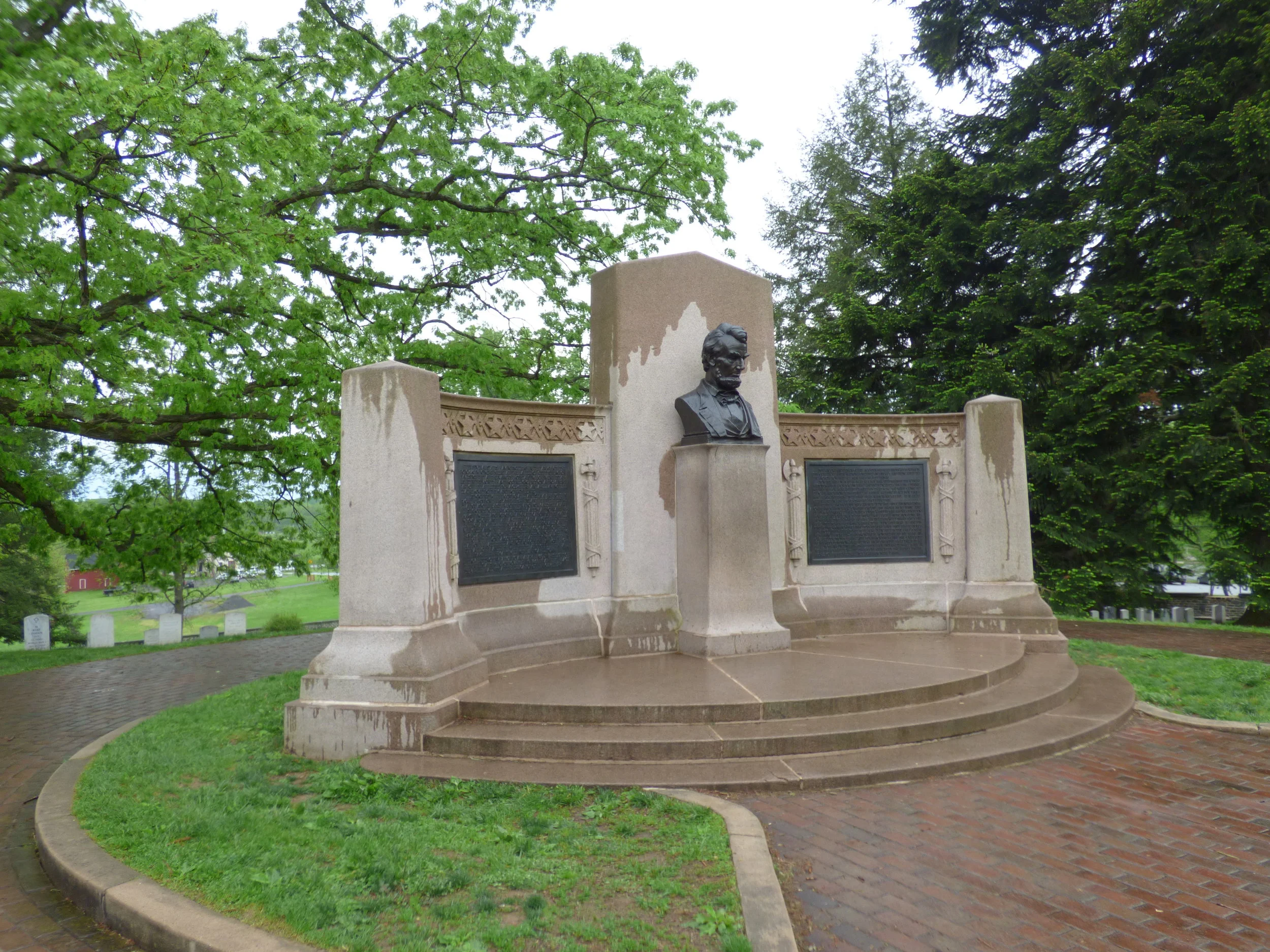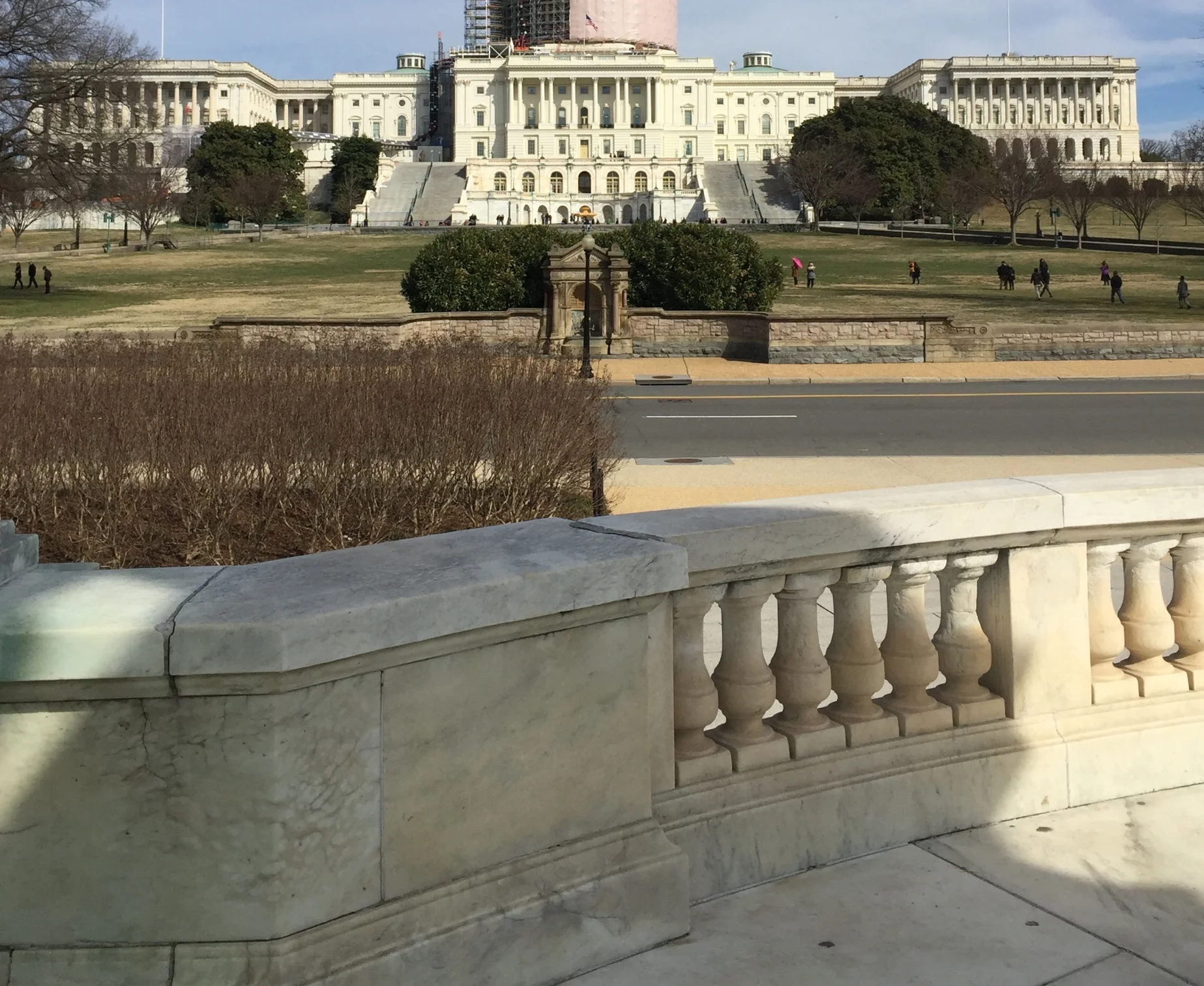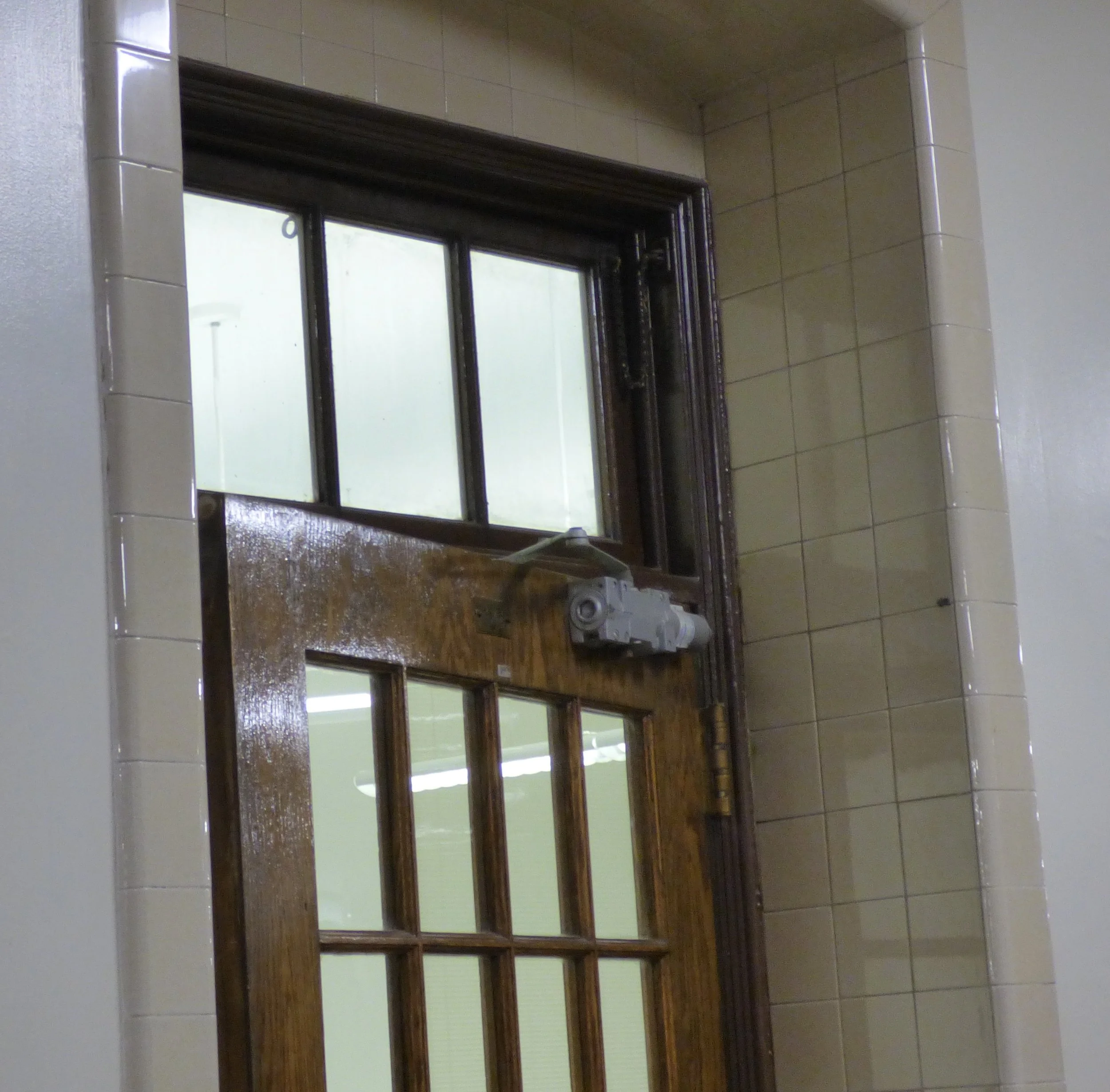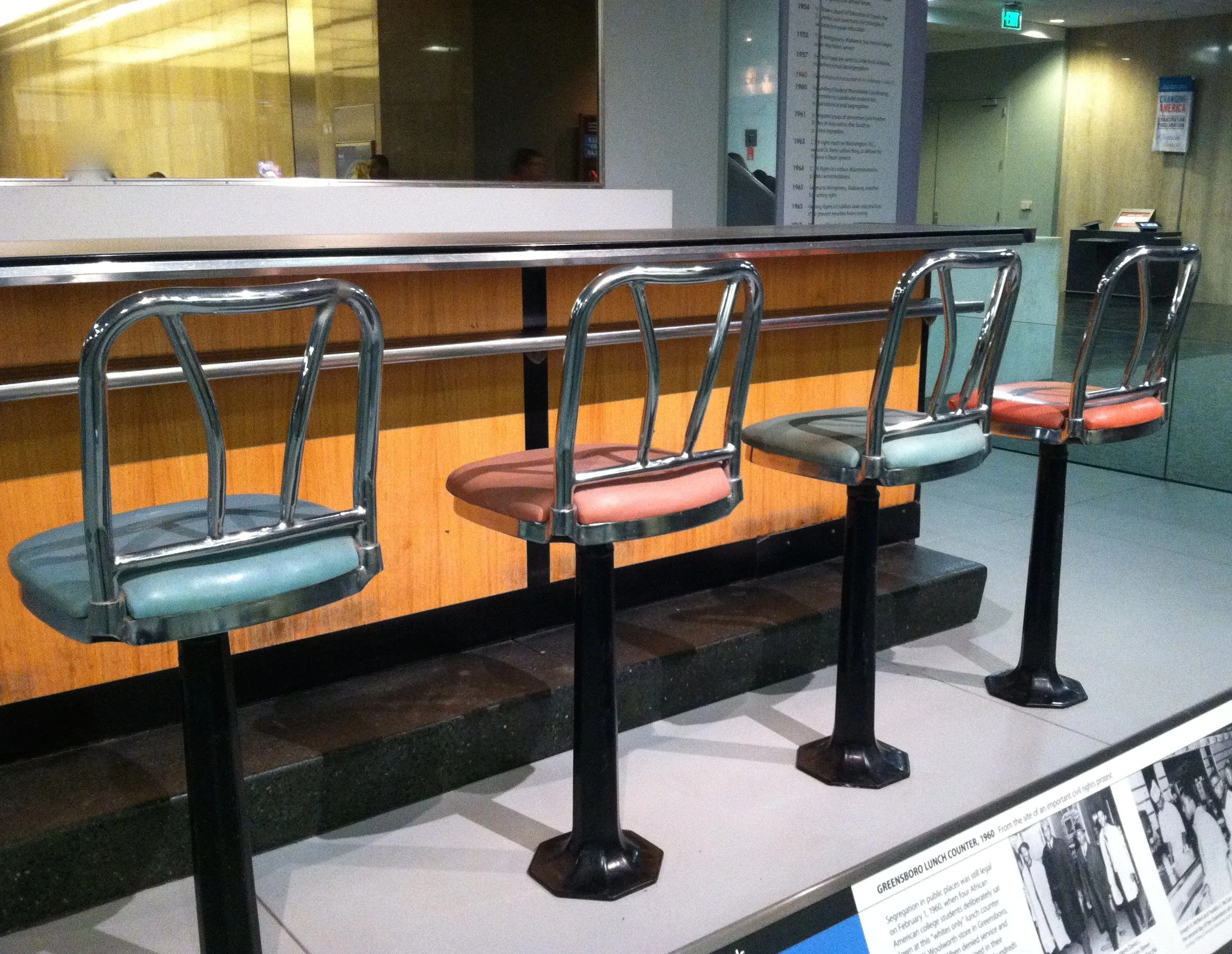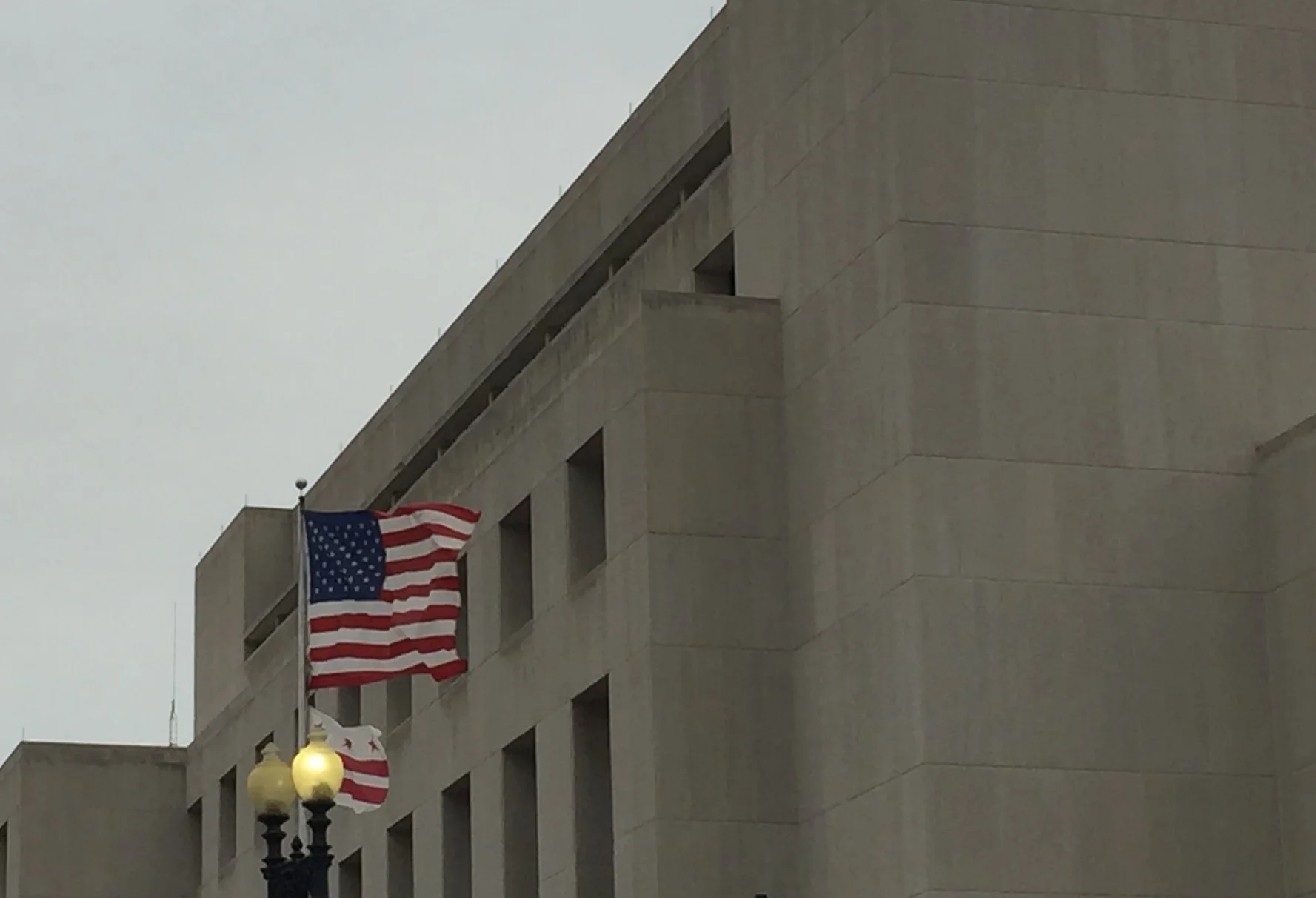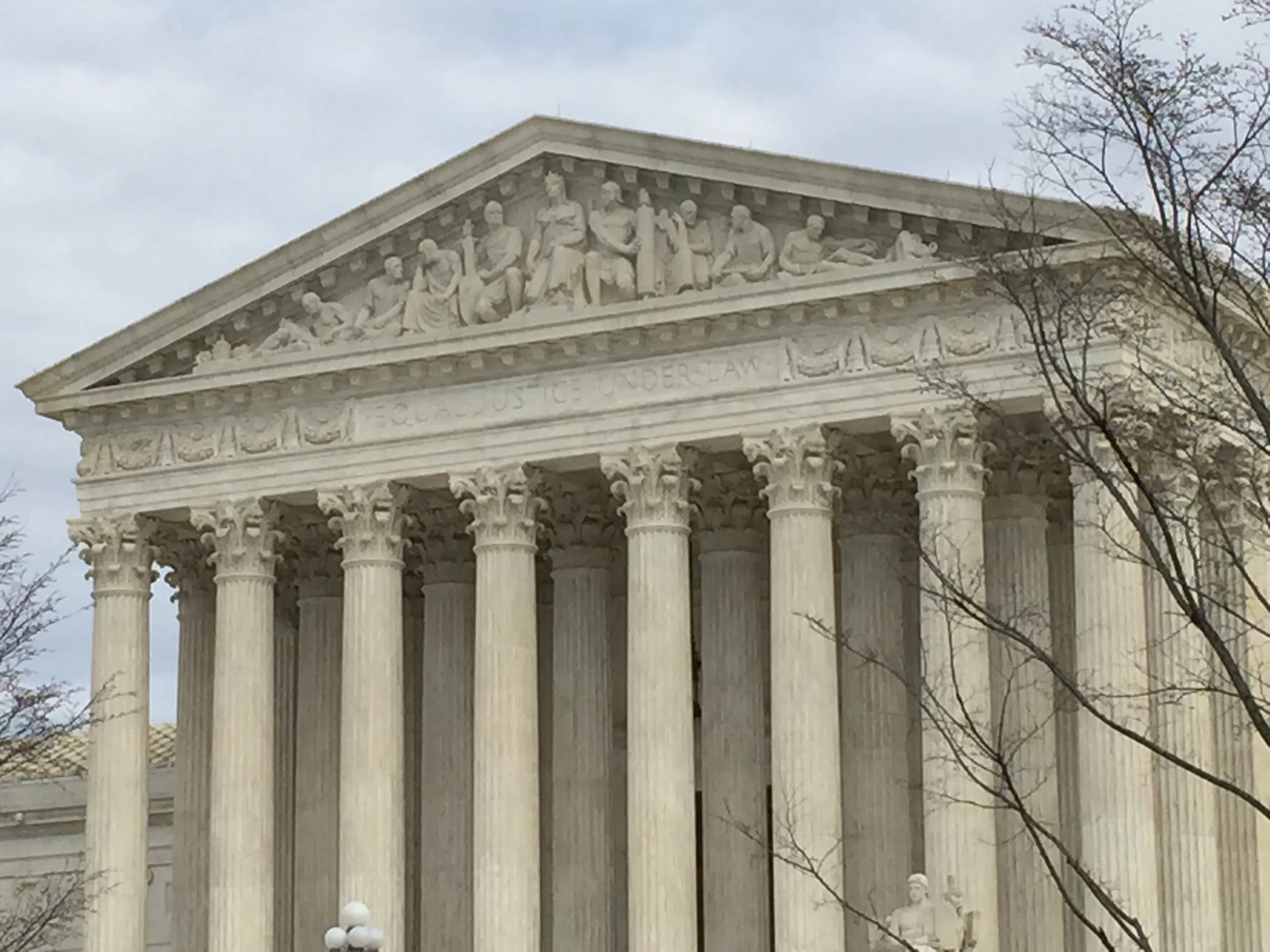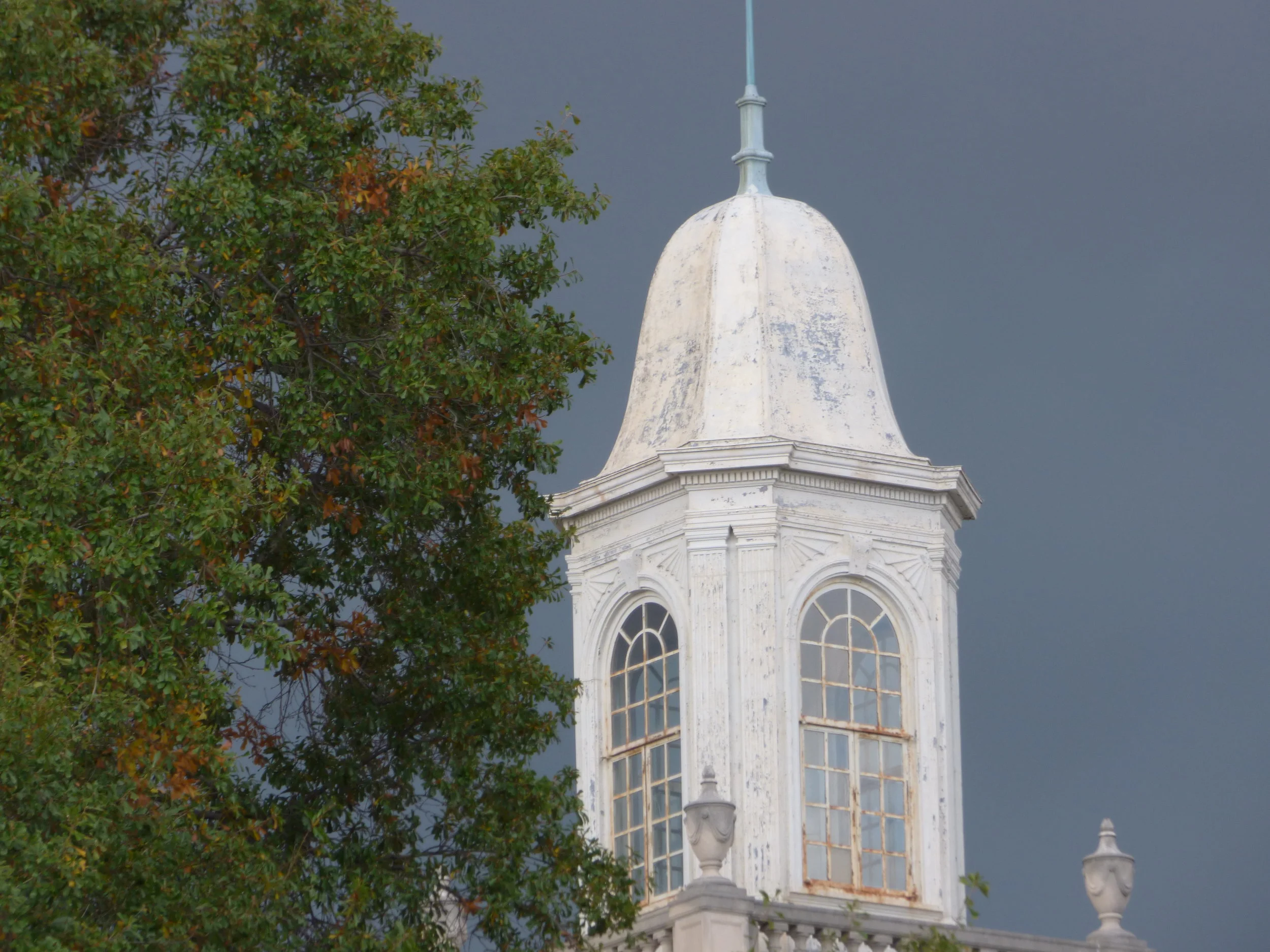Charles “Buddy” Bolden: A Part of Early Jazz History
In the 1800s to early 1900s, there lived a man named Charles “Buddy” Bolden, whose impact on jazz has become legendary.
He was born in 1877 and lived in New Orleans. He became the leader of a band that is recognized as being the first band to play what became known as jazz music.
Read More
Beginnings of the African Methodist Episcopal Church
In some ways the beginnings of the African Methodist Episcopal Church can be found in the life of Richard Allen, but this is really a much larger story about people who chose to stand up and worship in a way that was seated in freedom and rooted in independence.
Read More
Benjamin Banneker: A Renaissance Man & an Abolitionist
Benjamin Banneker was born on November 9, 1731 in what is today Baltimore County, Maryland.
According to accounts his grandmother, Molly Welsh, was a white English woman who was sent to the American colonies as an indentured servant.
After serving her indentured time, she was able to obtain her own property—which was a remarkable thing for a woman to do in the late 1600s. She then purchased enslaved people to work her land...she ended up buying two human beings—one of whom was said to be the son of an African king, whose name was Bannaka.
Read More
Dr. Charles Burleigh Purvis: An Activist
Charles Burleigh Purvis was born in 1842 in Philadelphia, PA. His father was the well-known abolitionist, Robert Purvis, and his mother was Harriet Forten. She was the daughter of the well-known African-American activist and businessman, James Forten. Yes, Charles Purvis was Jame Forten’s grandson.
Read More
Mary Touvestre: Civil War Intelligence
Some 200,000 African Americans served in the Civil War as soldiers and sailors, but not much is known about the many men and women who provided intelligence to the Union, during the war. Mary Touvestre was one such person.
Mary Touvestre was a free (formerly enslaved) housekeeper of a Confederate engineer, during the Civil War. Before the war, the U.S. Navy had a significant naval base in Norfolk, VA. When the war began, the military ordered the destruction of ships in that base, so that they wouldn't fall into enemy hands.
Read More
President of the Confederacy: His Last U.S. Senate Speech
On January 21, 1861 Jefferson Davis rose on the Senate floor to explain why the state of Mississippi decided to secede from the Union—it would be his last speech as a U.S. Senator. After sharing some thoughts about nullification and secession and expressing his support for secession, even if a northern state decided to do so, he went on to explain:
“It has been a conviction of pressing necessity, it has been a belief that we are to be deprived in the Union of the rights which our fathers bequeathed to us, which has brought Mississippi into her present decision.
She has heard proclaimed the theory that all men are created free and equal, and this made the basis
Read More
Frederick Douglass: How He Became a Man
Many times we tend to see people the way they are when they are at the height of their fame, but you never know what a person went through to get where they are...and in Frederick Douglass's case, what he went through to get into a position to help others. In 1834, on January 1st, Frederick made his way to the home of the man who was supposed to “break” him. Edward Covey was a small man who believed in harsh treatment, as a way of making sure enslaved people would be, forever, obedient.
Read More
The Riot of 1835: Washington, DC
In the summer of 1835 Arthur Bowen was on his way home in the evening, when he reached the front door of his owner’s residence. Bowen was about eighteen years old and he was owned by Anna Thornton, who was the widow of William Thornton—the first Architect of the Capitol. Dr. William Thornton was born in the British West Indies and his proposed design for the U.S. Capitol was accepted by George Washington, in 1793. He was awarded $500 and a lot in the city of Washington for his work. He moved to the city in 1794 and George Washington appointed him to a position as one of the city’s commissioners. Thomas Jefferson, later, appointed him head of the Patent Office, in 1802.
Read More
Dr. Percy Julian: An American Chemist
Dr. Percy Julian was an American chemist whose work should be remembered. I never knew about him growing up, but his contributions should be taught to children.
Read More
There Have Been Just Twelve African-American U.S. Senators
There have been only 10 African Americans to serve in the U.S. Senate throughout the entire history of the U.S. Congress. Meet those individuals and find out a little more about them here.
Read More
Harriet Tubman and the Dover Eight
What caused Harriet Tubman to fight back? What political actions supported the existence of slavery? This book explores the life of Harriet Tubman and some of the religious, political and social supports that made slavery exist for so long.
Read More
Frederick Douglass's Mother: Harriet
Frederick Douglass was born Frederick Augustus Washington Bailey in Talbot County, Maryland. His mother’s name was Harriet and she was forced to leave her children, by the man who owned them. She was hired out to neighboring farms and her children would stay with her mother, until they were several years old.
Read More
Sit-ins and Standing Up
Four young men from North Carolina Agricultural & Technical College changed their world when they decided to stand up for their own rights.
Their names were Ezell Blair, Jr., Franklin McCain, David Richmond, and Joseph McNeil. They were freshmen at North Carolina A&T in the fall of 1959 and they became friends when they met that year. One of the things that they had in common was that they shared a disdain for the inequalities that surrounded them.
Read More
Collingwood's Massacre
In 1781 a slave ship, named the Zong (based out of Liverpool, England), was on a horrible trip to get human beings—to sell them in Jamaica. The ship made it to Africa, along the coast of present-day Ghana, and then to Sao Tome (or St. Thomas, an island near present day Gabon and Equatorial Guinea). Luke Collingwood was the captain of the ship and he decided to go with a “tight” packing method.
Read More
Admiral Michelle Howard: First Female Four-Star Admiral
Michelle Howard was born in the year 1960 and graduated from high school in Aurora, Colorado. She went on to the U.S. Naval Academy in Maryland and graduated from there in 1982.
She would go on to become the first female graduate of the United States Naval Academy to earn the title of admiral.
Read More
Fannie Lou Hamer: "Is This America?"
Fannie Lou Hamer was born on October 6, 1917 in Montgomery County, Mississippi to Jim and Ella Townsend.
When Fannie Lou was in her 20s, she married Perry Hamer and they tried, unsuccessfully, to have children. Fannie suffered from a tumor and went into a hospital to receive treatment. There she was given a full hysterectomy, without her knowledge and without her consent. She was furious and this was one of the things that set her on a path of freedom fighting...
Read More
Thurgood Marshall and His Life
Thurgood Marshall was born on July 2nd in Baltimore, Maryland in 1908. His father was a porter or waiter for a railroad company and his mother was an elementary school teacher. They were very involved in teaching their children and, reportedly, Thurgood’s father would take him down to the courthouse in Baltimore just to view court proceedings. His mother, being a schoolteacher, oversaw her children's development and made sure they got good educational foundations in school.
Read More
Charles Langston (Grandfather of Langston Hughes)
Charles Henry Langston was born in 1817 in Louisa County, VA. His mother’s name was Lucy Jane Langston and his father was a slaveowner named Ralph Quarles. Ralph Quarles had served in the Revolutionary War and was, as we have said, a slaveowner. He had a baby with Lucy Langston and, after the child was born, he freed both Lucy and their baby.
Read More
Laws from South Africa's Apartheid Era
In May of 1902 the Peace of Vereeniging was signed between Boer forces and the British (putting an end to a set of wars between the two sides). After a few years, the former Boer republics joined with the British territories and, in May of 1910, they formed the Union of South Africa.
The African National Congress was then created, just two years later, in 1912 to respond to the white-run government. Ironically, eight years after this formation, in 1918, Nelson Mandela was also born.
Read More
Katherine Johnson and William W. S. Claytor: An HBCU Connection
Katherine Johnson was born on August 26, 1918 in White Sulfur Springs, West Virginia and, by now, you may know that she grew up to be an integral part of the nation's space program as a valuable mathematician in NASA. You may not know about the connection she shares with some members of Historically Black Colleges and Universities (HBCUs).
As a child, Katherine Johnson began high school while
Read More




